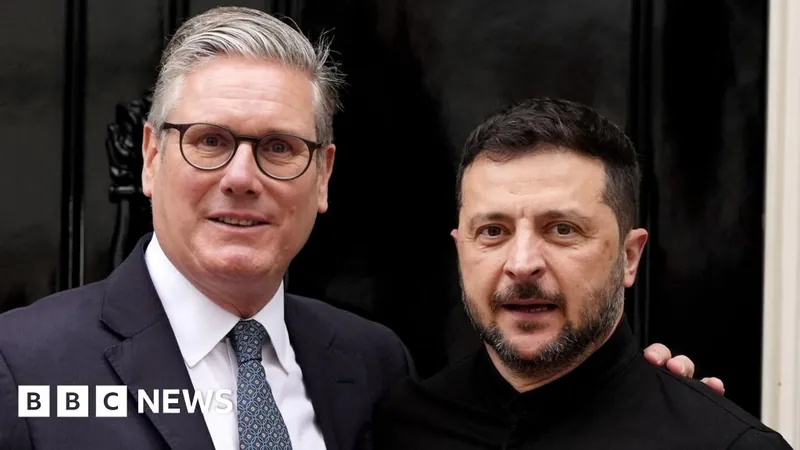
Starmer's Balancing Act: Navigating the Complex Landscape of Ukrainian Peace Talks
2025-08-18
Author: Noah
Sir Keir Starmer is treading a fine line in the ongoing discussions about a potential peace process for Ukraine. Publicly, his statements are measured, but behind closed doors, he seems more pragmatic in his approach.
A consistent note in Starmer's communications is his condemnation of Russian President Vladimir Putin and unwavering support for Ukrainian President Volodymyr Zelensky. Observers note that this strategy seems appropriate for managing negotiations with such unpredictable leaders.
As tensions mount in Westminster over the upcoming meeting between Presidents Putin and Trump, UK ministers are opting for a diplomatic tone, straying away from the more blunt rhetoric used by former PM Boris Johnson, who infamously labeled past meetings as "vomit-inducing".
While Starmer has not openly stated it, insiders suggest that the UK government is quietly accepting the idea of a "land for peace" arrangement—one that may involve Ukraine surrendering territory currently under Russian control. This scenario presents a grueling path for Kyiv, though UK officials emphasize that any decisions regarding territory remain solely Ukraine's prerogative.
One British official summarized the complications succinctly: "There are three critical questions: how much land, which specific land, and whether that land is considered de facto or de jure." This refers to nuanced negotiations where Ukraine might recognize certain territories as Russian by military control or officially acknowledge them as Russian under international law.
Going into today's pivotal meeting at the White House, the UK government has two primary objectives: first, to encourage President Zelensky to carefully evaluate what Donald Trump is proposing, especially in light of February’s contentious Oval Office exchanges. Second, Starmer and European leaders seek to define what they hope will be "ironclad" security guarantees for Ukraine, should a peace agreement be reached.
The recent backing from Trump envoy Steve Witkoff, who called these security guarantees "game-changing," is seen by UK sources as a validation of Starmer and French President Macron's collaborative efforts.
Starmer's visit to Washington brings a unique opportunity, as he has cultivated strong relationships with both Trump and Zelensky. The Prime Minister aims to act as a diplomatic bridge between the US and Europe.
Before his trip, Starmer stated, "Everyone wants this to end, especially the Ukrainians. But it’s critical that we get this right to ensure a lasting, fair, and just peace."
What role will Trump play in this delicate scenario? Witkoff has indicated that the U.S. may offer protection akin to NATO’s Article 5, a notion Zelensky has celebrated as historic. However, a bold, public affirmation from Trump regarding America's commitment could alleviate concerns in London and other European capitals.
One UK government insider mentioned that Trump’s involvement in the negotiations might be characterized as an "exercise in raw power." UK officials believe that while Trump desires to rally Western nations, his primary focus will likely remain on achieving a peace deal.
Starmer appears to be consciously adopting a supportive and pragmatic stance as the complex dynamics between Ukraine and Russia unfold, even if his skepticism towards Putin diverges from Trump’s more accommodating tone.
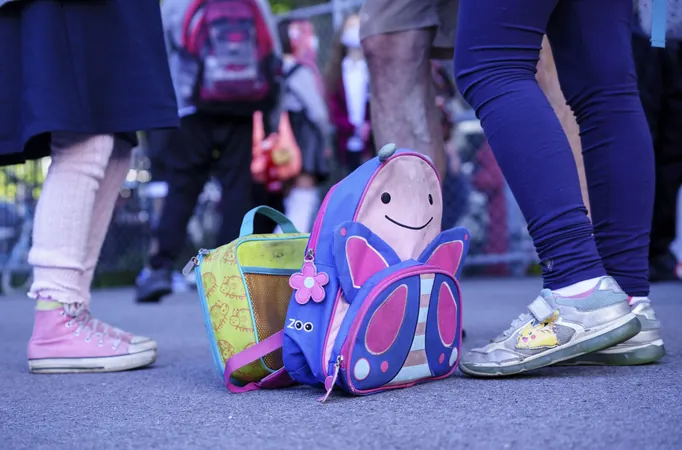
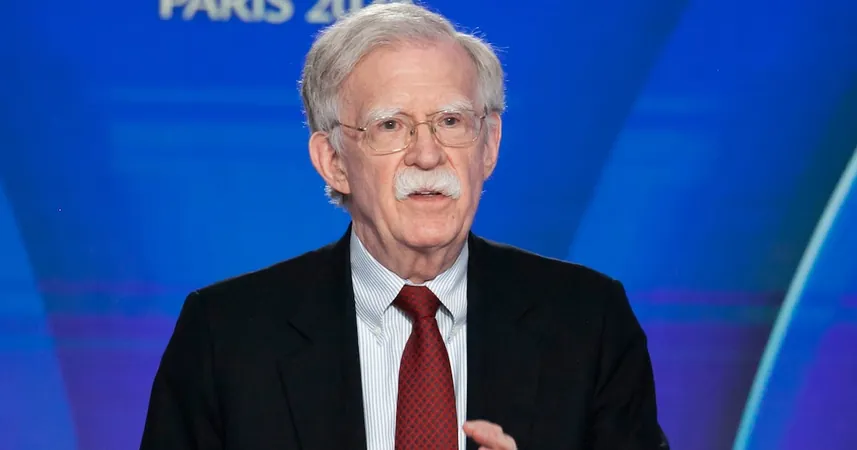
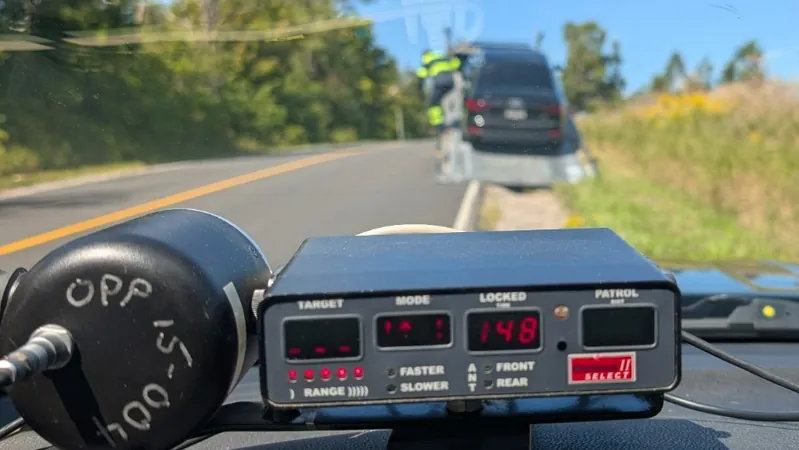

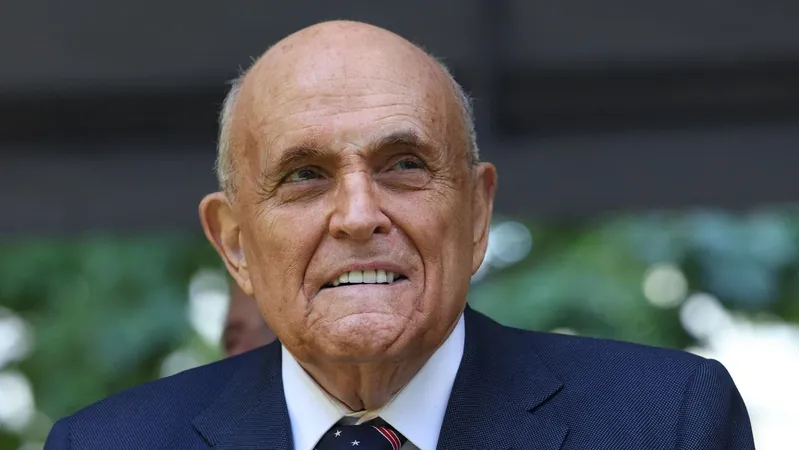


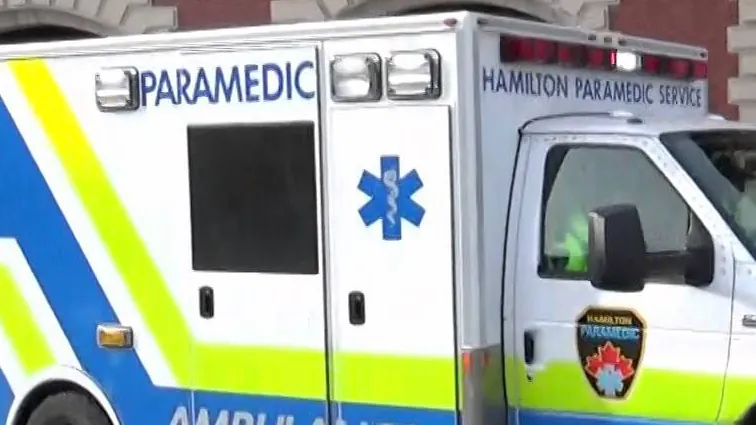
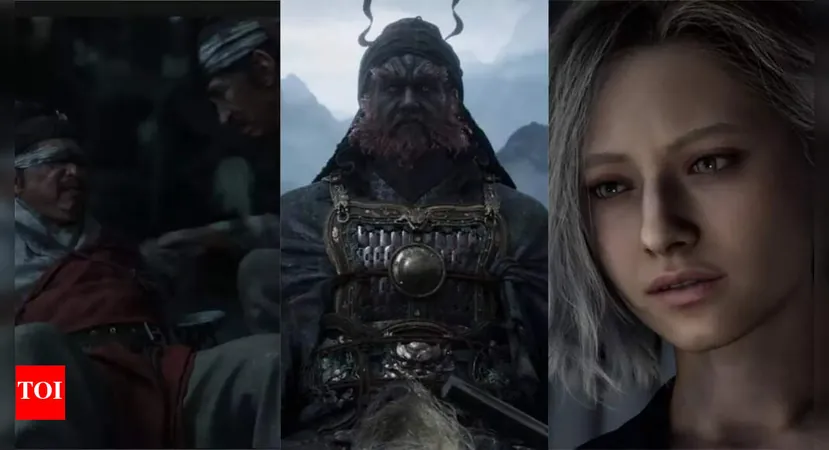
 Brasil (PT)
Brasil (PT)
 Canada (EN)
Canada (EN)
 Chile (ES)
Chile (ES)
 Česko (CS)
Česko (CS)
 대한민국 (KO)
대한민국 (KO)
 España (ES)
España (ES)
 France (FR)
France (FR)
 Hong Kong (EN)
Hong Kong (EN)
 Italia (IT)
Italia (IT)
 日本 (JA)
日本 (JA)
 Magyarország (HU)
Magyarország (HU)
 Norge (NO)
Norge (NO)
 Polska (PL)
Polska (PL)
 Schweiz (DE)
Schweiz (DE)
 Singapore (EN)
Singapore (EN)
 Sverige (SV)
Sverige (SV)
 Suomi (FI)
Suomi (FI)
 Türkiye (TR)
Türkiye (TR)
 الإمارات العربية المتحدة (AR)
الإمارات العربية المتحدة (AR)